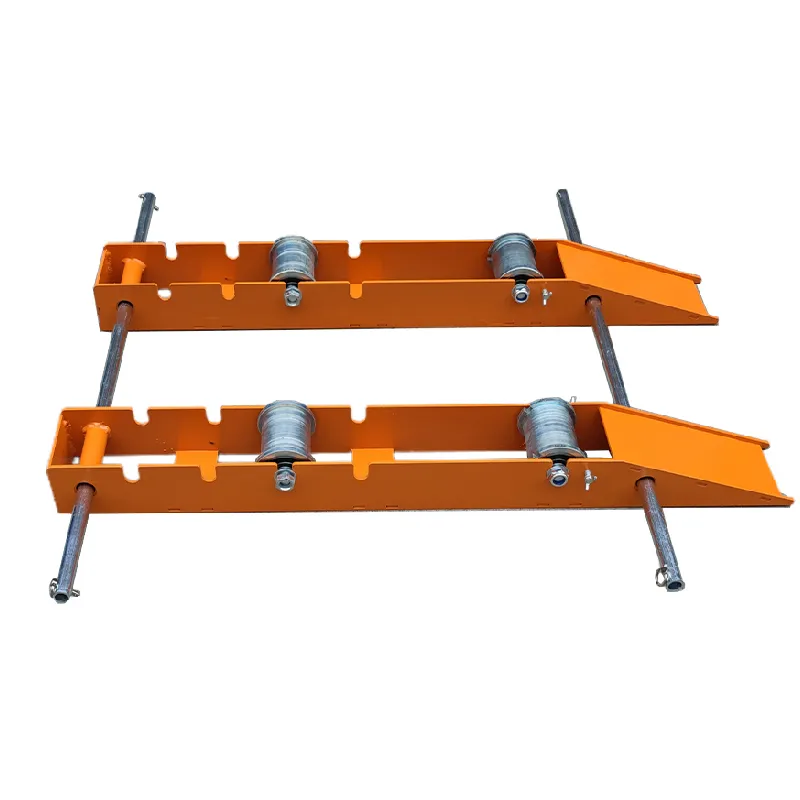
-
 Afrikaans
Afrikaans -
 Albanian
Albanian -
 Amharic
Amharic -
 Arabic
Arabic -
 Armenian
Armenian -
 Azerbaijani
Azerbaijani -
 Basque
Basque -
 Belarusian
Belarusian -
 Bengali
Bengali -
 Bosnian
Bosnian -
 Bulgarian
Bulgarian -
 Catalan
Catalan -
 Cebuano
Cebuano -
 Corsican
Corsican -
 Croatian
Croatian -
 Czech
Czech -
 Danish
Danish -
 Dutch
Dutch -
 English
English -
 Esperanto
Esperanto -
 Estonian
Estonian -
 Finnish
Finnish -
 French
French -
 Frisian
Frisian -
 Galician
Galician -
 Georgian
Georgian -
 German
German -
 Greek
Greek -
 Gujarati
Gujarati -
 Haitian Creole
Haitian Creole -
 hausa
hausa -
 hawaiian
hawaiian -
 Hebrew
Hebrew -
 Hindi
Hindi -
 Miao
Miao -
 Hungarian
Hungarian -
 Icelandic
Icelandic -
 igbo
igbo -
 Indonesian
Indonesian -
 irish
irish -
 Italian
Italian -
 Japanese
Japanese -
 Javanese
Javanese -
 Kannada
Kannada -
 kazakh
kazakh -
 Khmer
Khmer -
 Rwandese
Rwandese -
 Korean
Korean -
 Kurdish
Kurdish -
 Kyrgyz
Kyrgyz -
 Lao
Lao -
 Latin
Latin -
 Latvian
Latvian -
 Lithuanian
Lithuanian -
 Luxembourgish
Luxembourgish -
 Macedonian
Macedonian -
 Malgashi
Malgashi -
 Malay
Malay -
 Malayalam
Malayalam -
 Maltese
Maltese -
 Maori
Maori -
 Marathi
Marathi -
 Mongolian
Mongolian -
 Myanmar
Myanmar -
 Nepali
Nepali -
 Norwegian
Norwegian -
 Norwegian
Norwegian -
 Occitan
Occitan -
 Pashto
Pashto -
 Persian
Persian -
 Polish
Polish -
 Portuguese
Portuguese -
 Punjabi
Punjabi -
 Romanian
Romanian -
 Russian
Russian -
 Samoan
Samoan -
 Scottish Gaelic
Scottish Gaelic -
 Serbian
Serbian -
 Sesotho
Sesotho -
 Shona
Shona -
 Sindhi
Sindhi -
 Sinhala
Sinhala -
 Slovak
Slovak -
 Slovenian
Slovenian -
 Somali
Somali -
 Spanish
Spanish -
 Sundanese
Sundanese -
 Swahili
Swahili -
 Swedish
Swedish -
 Tagalog
Tagalog -
 Tajik
Tajik -
 Tamil
Tamil -
 Tatar
Tatar -
 Telugu
Telugu -
 Thai
Thai -
 Turkish
Turkish -
 Turkmen
Turkmen -
 Ukrainian
Ukrainian -
 Urdu
Urdu -
 Uighur
Uighur -
 Uzbek
Uzbek -
 Vietnamese
Vietnamese -
 Welsh
Welsh -
 Bantu
Bantu -
 Yiddish
Yiddish -
 Yoruba
Yoruba -
 Zulu
Zulu


Sep . 24, 2024 17:48 Back to list
Exploring the Impact of Bow Shackles in Modern Rigging Applications
The Concept of Bow Shackles An Essential Tool for Rigging
Bow shackles, also known as anchor shackles or soft bow shackles, are essential hardware components used in various industries, including marine, construction, and rigging applications. Their distinctive shape resembles a bow, which provides them with superior strength and versatility compared to traditional D-shackles. Understanding the design, applications, and safety precautions of bow shackles is crucial for anyone involved in load-bearing activities.
Design and Features
The bow shackle is characterized by its U-shaped body and a pin that screws into one end of the loop, creating a secure connection point. This design allows for greater flexibility when connecting multiple lines or accessories, making bow shackles highly effective in rigging scenarios. The rounded shape of the bow provides ample space for connecting slings, allowing for a more balanced load distribution, which minimizes the risk of accidents.
Bow shackles are made from various materials, including stainless steel, galvanized steel, and plastic composites
. Stainless steel is particularly popular because of its resistance to corrosion and durability in harsh environments, such as marine settings. The load ratings of bow shackles can vary significantly based on their size and material, so it is essential to choose the right shackle for the specific task at hand.Applications
Bow shackles are widely used in numerous applications. In the marine industry, they are crucial for connecting sails to masts, anchoring boats, and leading lines to cleats or winches. Their ability to accommodate multiple attachments makes them ideal for various rigging setups. Additionally, bow shackles are used in lifting operations, such as when securing loads to cranes or hoists, where their sturdiness and secure connections are paramount.
bow shackle

In construction, they facilitate lifting heavy materials and equipment. Bow shackles can also be found in the manufacturing and transportation industries, where they help secure loads during transit or assembly. Their versatility allows for easy adjustments in tension and provides peace of mind when handling heavy loads.
Safety Precautions
While bow shackles are invaluable tools, it is vital to approach their use with caution. Regular inspections for wear and tear are necessary to ensure safety and reliability. It is crucial to check for signs of corrosion, deformation, or damage to the pin and the bow itself. Additionally, one must ensure that the working load limit (WLL) of the bow shackle is not exceeded during operation. Overloading can lead to catastrophic failures and put lives at risk.
Proper rigging techniques should also be followed. The shackle should be secured properly and connected in a way that prevents it from rolling or twisting under load. The pin should be fully engaged and locked in place to prevent accidental disconnection, and when using multiple bow shackles in a rigging setup, it is essential to ensure that they are compatible and capable of bearing the combined loads.
Conclusion
In summary, bow shackles are pivotal components in rigging and load-bearing applications across various industries. Their robust design, flexibility, and adaptability make them a preferred choice for securing connections. By prioritizing safety and adhering to best practices in their use, operators can harness the full potential of bow shackles while minimizing risks associated with heavy lifting and rigging operations. Whether in a marine setting, construction site, or manufacturing plant, understanding and utilizing bow shackles effectively is essential for successful and safe operations.
Latest news
What Are Construction Tools and How Are They Used?
NewsJul.11,2025
Professional-Grade Duct Rodding Tools for Superior Cable Installation
NewsJul.11,2025
Enhancing Safety and Efficiency with Modern Hot Stick Solutions
NewsJul.11,2025
Empowering Cable Installation with Advanced Rodder Solutions
NewsJul.11,2025
Elevate Your Cable Installation Projects with Cable Pulling Tools
NewsJul.11,2025
Efficient Cable Handling Solutions: Cable Rollers for Sale
NewsJul.11,2025











